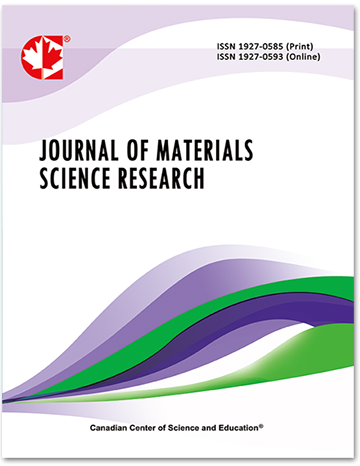Oxygen Consumption of Laccase-Mediator-Systems (LMS)
- Alexander Kirsch
- Kolja Ostendorf
- Markus Euring
Abstract
Crude oil as a non-renewable resource is presenting challenges for the future in many industrial sectors. Due to the dwindling of these resources, costs are increasing negatively affecting the wood based panels industry, which uses mainly petrochemical resins as components for binding agents. In addition harmful formaldehyde emissions arising from conventionally produced wood composites are demonstrable. In order to substitute these conventional binding agents for wood based panels, in particular medium density fiberboards (MDF), Laccase-Mediator-Systems (LMSs) were investigated in several researches. A popular and reliable method used to test the suitability of LMSs is the measurement of their oxygen consumption on wood fibers in aqueous suspension. This enzymatic catalyzed oxidation was the object of this study. The mediators 4-hydroxybenzoic acid (HBA), vanillic acid (VanA), vanillic alcohol (VAl), ethylvanillin (EVan), acetovanillone (AVan), ferulic acid (FA), caffeic acid (CA) and guajacol (Gu) were tested as possible components of the LMSs. The study showed that all of the LMSs have oxidized wood fibers more efficiently than laccase on its own. Among the different mediators, vanillic alcohol, guajacol and caffeic acid in LMSs have shown the fastest O2 consumption.
- Full Text:
 PDF
PDF
- DOI:10.5539/jmsr.v4n3p49
Journal Metrics
Impact Factor 2022 (by WJCI): 0.583
Google-based Impact Factor (2021): 0.52
h-index (December 2021): 22
i10-index (December 2021): 74
h5-index (December 2021): N/A
h5-median (December 2021): N/A
Index
- CAS (American Chemical Society)
- CNKI Scholar
- Elektronische Zeitschriftenbibliothek (EZB)
- EuroPub Database
- Excellence in Research for Australia (ERA)
- Google Scholar
- Infotrieve
- JournalTOCs
- LOCKSS
- NewJour
- PKP Open Archives Harvester
- Qualis/CAPES
- SHERPA/RoMEO
- Standard Periodical Directory
- Universe Digital Library
- WJCI Report
- WorldCat
Contact
- John MartinEditorial Assistant
- jmsr@ccsenet.org
